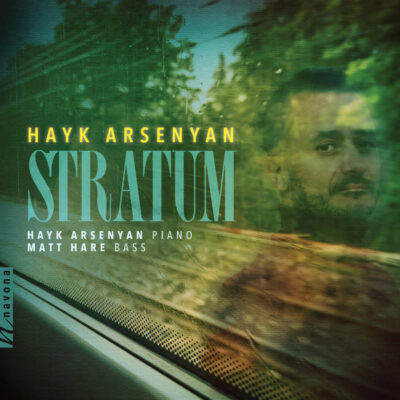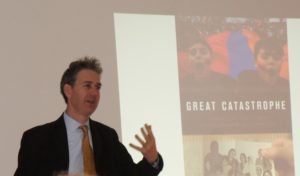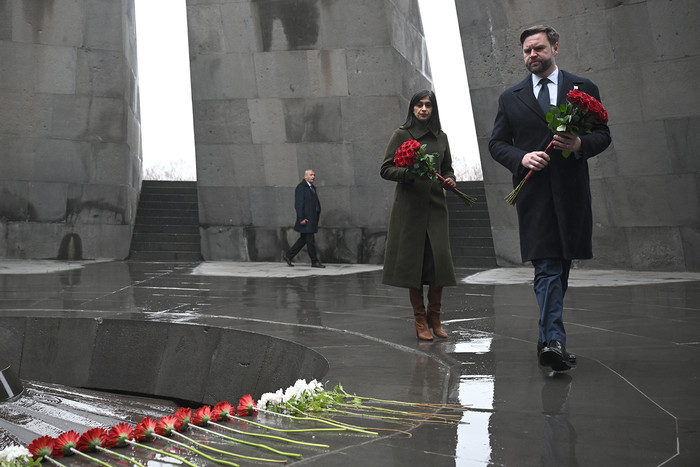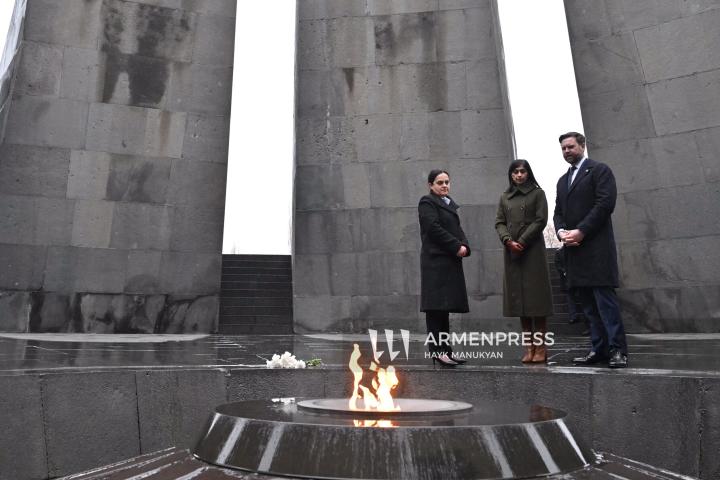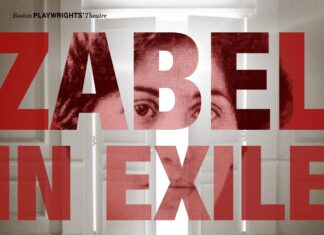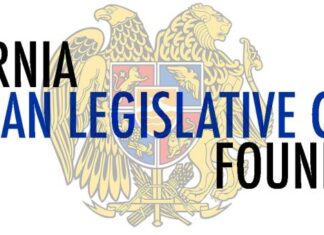By Aram Arkun
Mirror-Spectator Staff
MEDFORD, Mass. — Thomas de Waal has been on a whirlwind tour of the United States to promote his new book, Great Catastrophe: Armenians and Turks in the Shadow of Genocide. He visited Boston on February 17. First he spoke at the Massachusetts Historical Society at noon about his book and then went on to two events at Tufts University. He was sponsored at Tufts by Education for Public Inquiry and International Citizenship (EPIIC), a program of the Institute for Global Leadership (IGL), and the Initiative on Mass Atrocities and Genocide (IMAGe). He gave a lecture called “The Caucasus: Security and Insecurity at the Crossroads of Eurasia” during the day to EPIIC students, and then a book talk called “Great Catastrophe: Armenians, Turks and the Politics of Genocide.” The latter talk, which this article covers, was hosted by the Tufts chapter of Hillel, a center for Jewish life on campus.
Sherman Teichman, executive director of IGL, introduced de Waal. He pointed out that he lived and studied in the region, and learned the languages, making many friends across the divides. Senior Associate in the Russia and Eurasia Program at the Carnegie Endowment for International Peace, de Waal has worked for the BBC World Service in London, the Economist, the Times of London and the Moscow Times. He has three previous books, on Chechnya, an introduction to the Caucasus, and on the Karabagh conflict. From 2002 to 2009, he worked as an analyst and project manager on the conflicts in the South Caucasus for the London-based non-governmental organizations Conciliation Resources and the Institute for War and Peace Reporting. He has occasionally published articles in foreign policy forums which provide policy recommendations. Interestingly, Teichman that evening declared that he hoped for “a very respectful interaction.”
De Waal began by declaring that he was not an academic historian. He said, “I’m more a kind of a –paradoxical phrase—a historian of the present, someone who tries to bring scholarly inquiry to events of the present and recent past.” His focus in his book is on what happened in the last 100 years after the Armenian Genocide, on “the cascading effects of a mass atrocity on different generations…on Armenians, Turks and Kurds, and … what do we owe to the past, to events that have happened 100 years ago, particularly since the perpetrators and victims of these terrible events are long dead.” He is interested in how US relations with Turkey and Armenia are affected.
